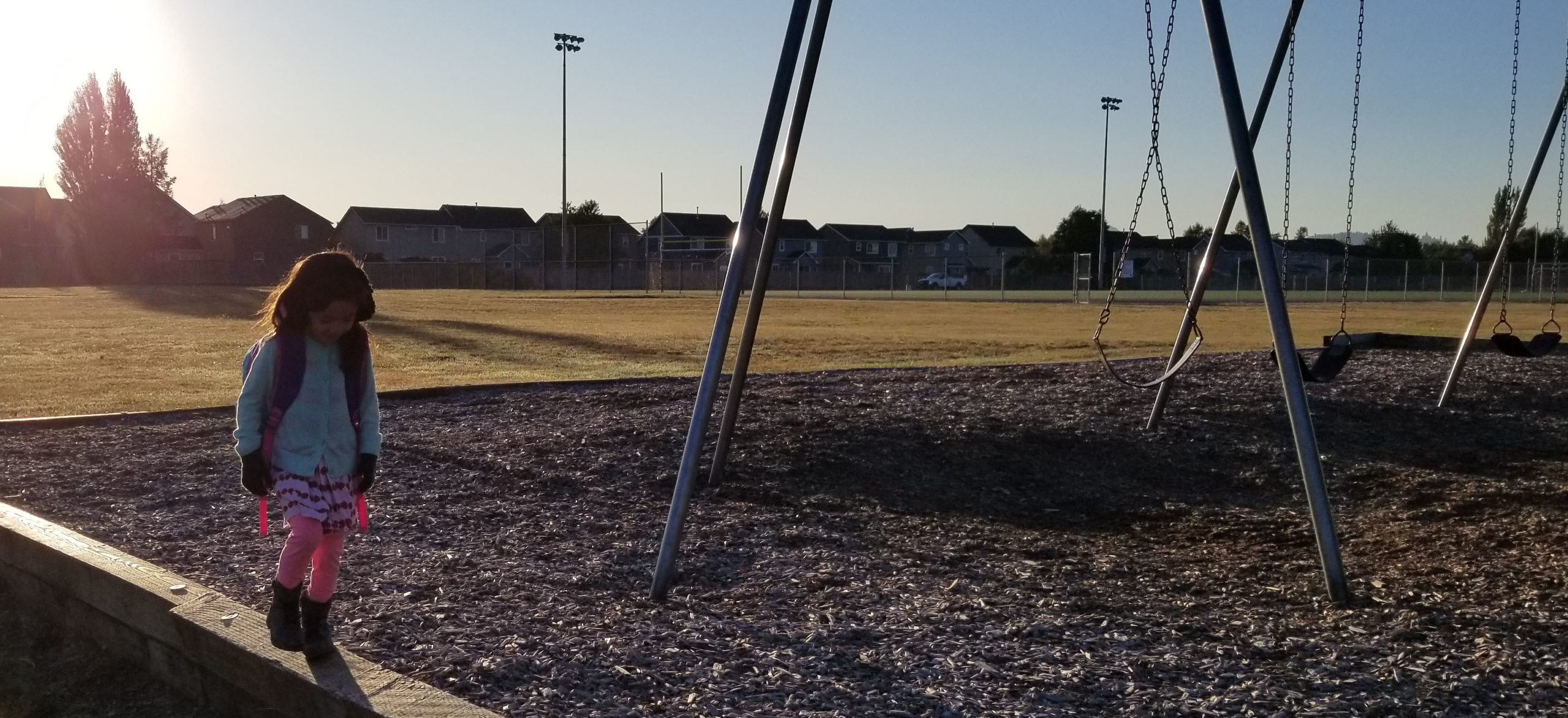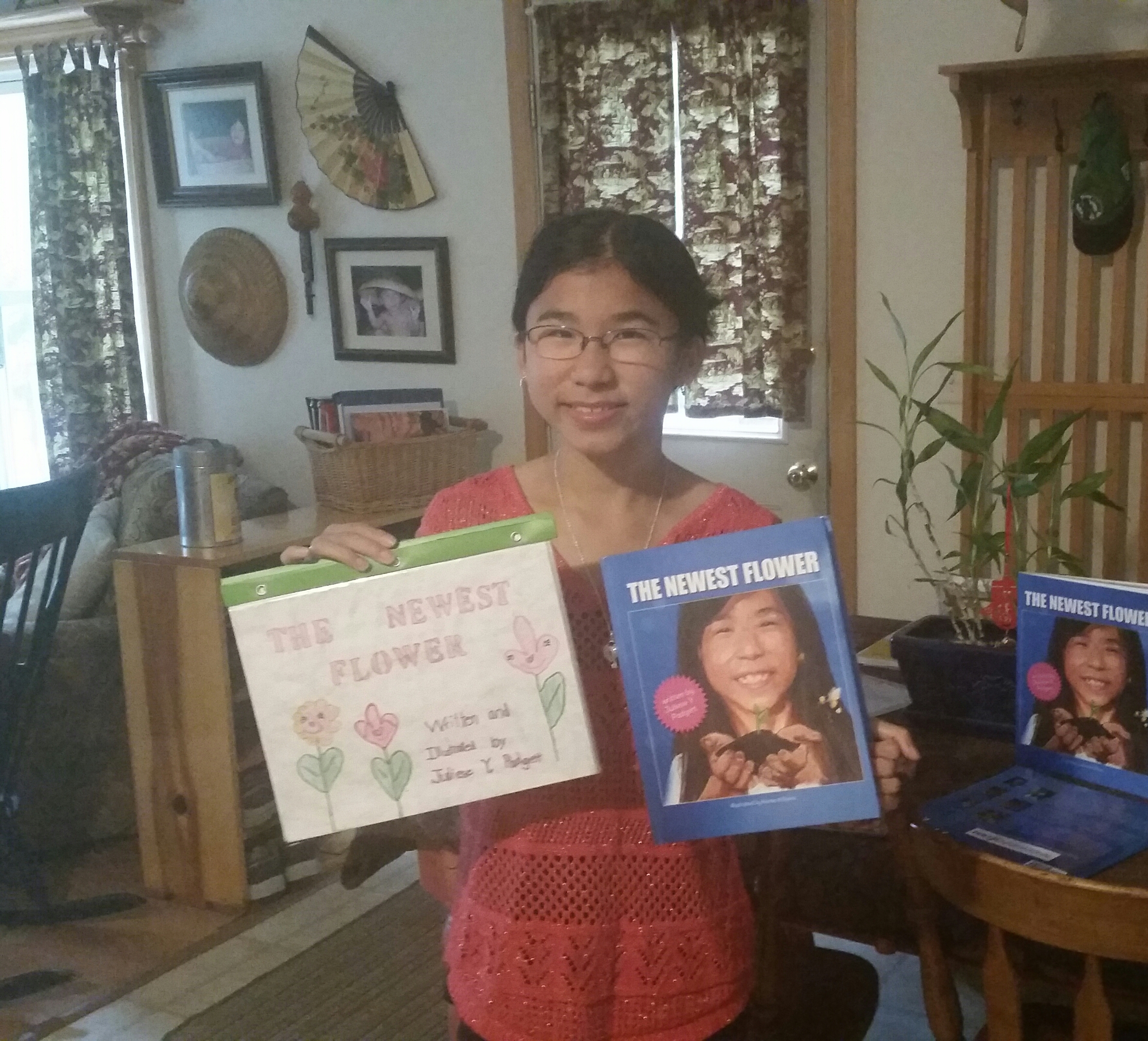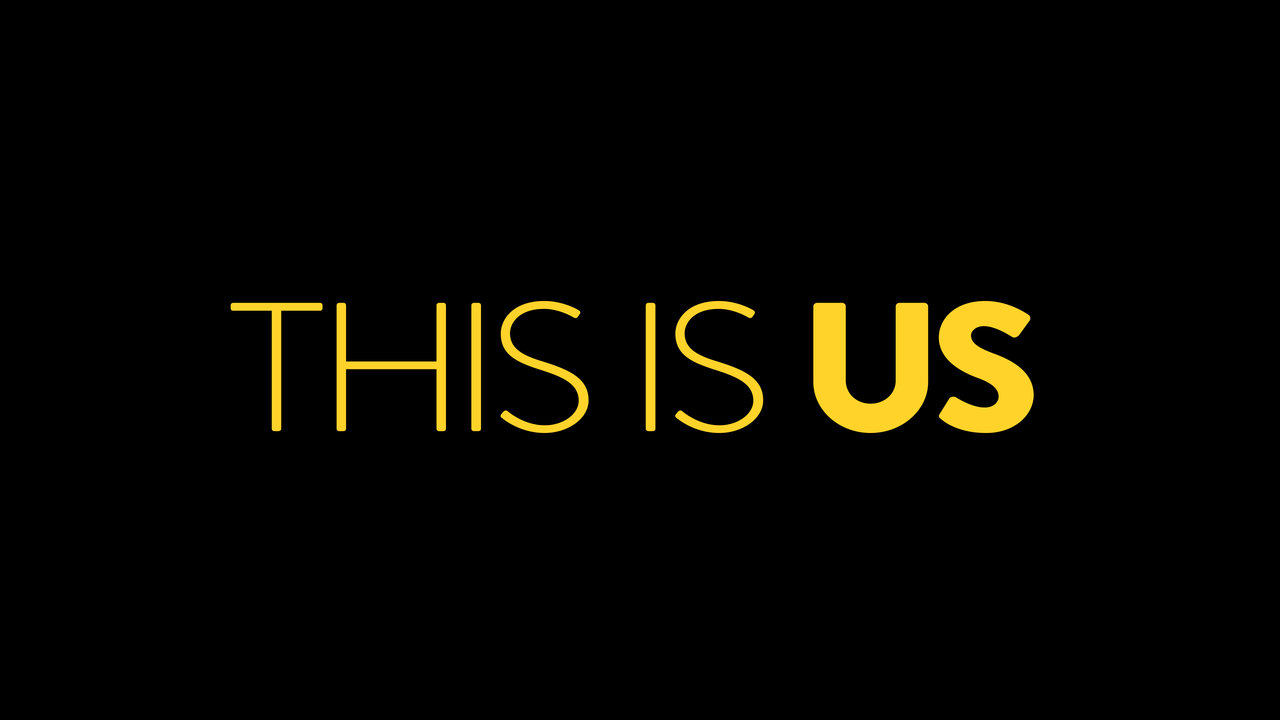Steve Kalb, Director of Holt Post Adoption Services, shares experiences with racism from his own life and what helped him — and could help your child — begin the healing process.
It was a typical Thursday evening. The fall season was clearly upon us as blustery winds and Pacific Northwest rains declared that summer was in the books. I sat with my wife, Shannon, as we watched our daughter at the gymnastics academy.
My mind was only half engaged with the practice as I contemplated what we’d do for dinner later on. It had been awhile since we cooked a nice meal at home that didn’t involve something pre-packaged and frozen. I’ll do it, I boldly thought to myself, as I zipped up my jacket and headed to the door. I quickly asked Shannon, “Do you need anything? I’m going across the street to pick up stuff for kimchi jjigae.” The grin on Shannon’s face told me she was all in for Korean stew on this dreary night.
As I left the grocery store anticipating the delicious kimchi adventure my family was about to embark upon, a raised pickup truck with big tires slowed down in front of me. The driver, a white man with short brown hair in his late twenties stuck his head and shoulders out of the window. With brows furrowed and an angry and aggressive expression on his face, he screamed at me.
The tone in his voice was sharp
and hateful, as if I my mere
presence was offensive to him.
“Hey! Go back to China!”
The tone in his voice was sharp and hateful, as if I my mere presence was offensive to him. I was shocked, scared and embarrassed. My first instinct was to look around to see if anyone had seen it happen, my eyes darting back and forth like when you trip on a public staircase or bump your head on the overhead compartment while deplaning. Thankfully, no one had seen my complete lack of response or how timid and vulnerable I must have appeared. As I began to get my wits about me, the all-too familiar feelings began to emerge. Indeed, I had been here countless times before:
- On the playground, I was confused and embarrassed when kids would ask, “Where are you from? Japan?”
- In the halls of my junior high school, I was sad and embarrassed when my classmate running for the same student council spot declared over and over to “Vote American!”
- On the junior varsity football field, I was angry and embarrassed when my opponents would shout at me that this is “an American sport.”
- In the high school marching band, I was ashamed and embarrassed when I saw a little boy pulling his eyes back to mimic my Asian features.
- At a college party, while defending a friend, I was afraid and embarrassed when the aggressor turned his attacks towards me: “You **cking gook! Go back to China!”
- In my first career, as an executive director of a camp and retreat center, I was incredulous and embarrassed when an adult guest asked me, “Are you tired? You must be with your eyes so squinty.”
Yup. This guy in the truck triggered something inside me. He made me feel like a little kid, again. Like a teenager, again. Like a college student, again. Like a business professional, again. Like an outsider, again. I was embarrassed because I was vulnerable. I was vulnerable because I was alone – just like before.
I was embarrassed because I was vulnerable. I was vulnerable because I was alone – just like before.
I’ve experienced a lot of racism throughout my life, but examples like these are especially impactful because they’re coupled with an embarrassment that comes from the added vulnerability of feeling alone and isolated in the situation – that I was the only one.
I’ve found the embarrassment quickly dissolves when the moment is shared or normalized in some way. Imagine how much lighter the mood would be if you tripped together with a friend on a public staircase or if the passenger next to you also bumped their head on the overhead storage. When you realize that you’re not alone in a potentially embarrassing situation, the embarrassment level diminishes to near zero.
When I was denied service in a restaurant in Pennsylvania with my Adoptee friends, I was angry and confused, but not embarrassed. When my English was complimented alongside an Adoptee friend in Oregon, I was amused and befuddled, but not embarrassed. When a group of us would garner stares in a small airport in the Midwest, I was annoyed and curious, but not embarrassed. As we begin to understand that the experience of racism is both personal and shared, it takes away some of the oppressor’s power to control the narrative. The silence of embarrassment gives way to open conversations and community strength that can be drawn upon in times when we experience racism alone.
As we begin to understand that the experience of racism is both personal and shared, it takes away some of the oppressor’s power to control the narrative. The silence of embarrassment gives way to open conversations and community strength that can be drawn upon in times when we experience racism alone.
Unfortunately, those lonely times seem unstoppable. Racism is hurtful, pervasive and inevitable. Despite confronting every relative who makes a racist remark, visiting your child’s principal when you hear of racists incidents at school, calling out racist stereotypes in the media, and having a love for your child that runs so deep it brings you to tears, your child will still feel alone when these things happen to them if the racism is not normalized in some way. You won’t be able to prevent most of these incidents from happening and you won’t be able to control how your child feels when they occur. But by believing your child, acknowledging that these things happen to many people, and demonstrating that you’re not afraid to talk about it, you can help to reduce the embarrassment your child feels in response.
By believing your child, acknowledging that these things happen to many people, and demonstrating that you’re not afraid to talk about it, you can help to reduce the embarrassment your child feels in response.
As I walked back into the gym, I found Shannon sitting in the far corner of the spectator section. She saved me a seat beside her and nodded as we made eye contact across the room.After meandering towards her — carefully avoiding others’ toes in the cramped section — I sat down gingerly, as if the words from the man in the pickup truck not only injured my soul, but my body, too.
“Did you find everything alright?” Shannon asked. I responded lethargically — “yeah, got it” — while staring blankly ahead. Then, without moving, I whispered, “Some guy just yelled at me, something about going back to China.”
Shannon perked up, clearly a little confused and taken by surprise. “What? This just happened to you? Wait. What?” she responded in a normal voice.
I explained it, again, in a quiet voice, still embarrassed by the situation. She then responded in a clear, confident voice that could be heard by everyone around us “I’m sorry. That sucks. Ugh, Eugene! Are you ok?”
I wasn’t, but with Shannon’s support and affirmation, the embarrassment was fading, along with the pain.



Thank you for sharing your experiences and the emotions that go along with them. This article touched me, as a parent of adopted Asian children, like no other. I now have a better feel for what you and other Asian Americans must go through. I love how you so sweetly touched on adoptive parents and how we love so deeply and do everything in our power to “make it all better” but we simply can’t. We can, however be present, listen, and truly feel and demonstrate empathy when our children experience racism.
Thanks, Barbara. I appreciate your kind words. You’re right, sometimes you can’t fix it, but it’s always important to listen and validate.
Wow! What a powerful blog post. Thank you for sharing. Moments like these make me want to hide, and also to do everything I can to shelter my Asian daughter from racism. Unfortunately, that is not possible. Your openness gives me courage…
Thanks so much for sharing. I can’t stand to think of what our son will (inevitably) go through as he grows, but I want to be as equipped as possible, and these first-hand accounts help. We partly chose to live where we do to lessen the chances of racism and ignorance happening for him, but know nowhere is perfect, and there’s no way to keep our kids 100% away from it.
This story hurts my heart..for you, for all of us, because it shows so graphically the underbelly of American culture and the depths to which we’ve descended in recent years. We, most of us at least, have some smidgen of racism within, and I have been having conversations with non-white friends lately about how to help combat this kind of thing. We agree that we, white people in particular, must become aware of our own biases and THEN STAND UP FOR OUR FELLOW Humans. I’m so sorry this happened to you. Please remember that not all of us feel like that person and send love to you and yours.
Great writing Steve! Thank you for sharing your experience in hopes of enlightening others . It breaks my heart anyone has to endure racism in this day and age , it’s shameful and ignorant how some people behave.
Thank you for sharing , love to you and your family.
Barb
Hi Steve, thank you so much for sharing! We met you during your days as the camp director you mentioned in your blog. Our boys, Joshua and Matthew, loved getting to know you at camp. They mentioned you often the following months and years after they attended camp! Thank you for being a great role model!
—Kimberly
Thanks for sharing. I am the mother of 3 Asian children who are now adults. I distinctly remember the time one of them took a high school music teacher aside and told him never to make the racial comments he made in class as it was very offensive to her. I supported her by discussing the situation with the principal. But it doesn’t end for them when they become adults as recently a large chain store racially profiled our son and wrongly accused him of theft. Now he will have to prove his innocence in court, just because he looks like the Asian in their video footage. I know this is painful for him and he feels alone.
Thank you for sharing and for all you did years ago at Holt Camp.
Re-posting on the Coalition of Adoptive Families FB page!
Thanks for writing this post and keep this webpage running.
I experienced many similar incidents and knew but not witness many hurtful incidents from my daughter too.